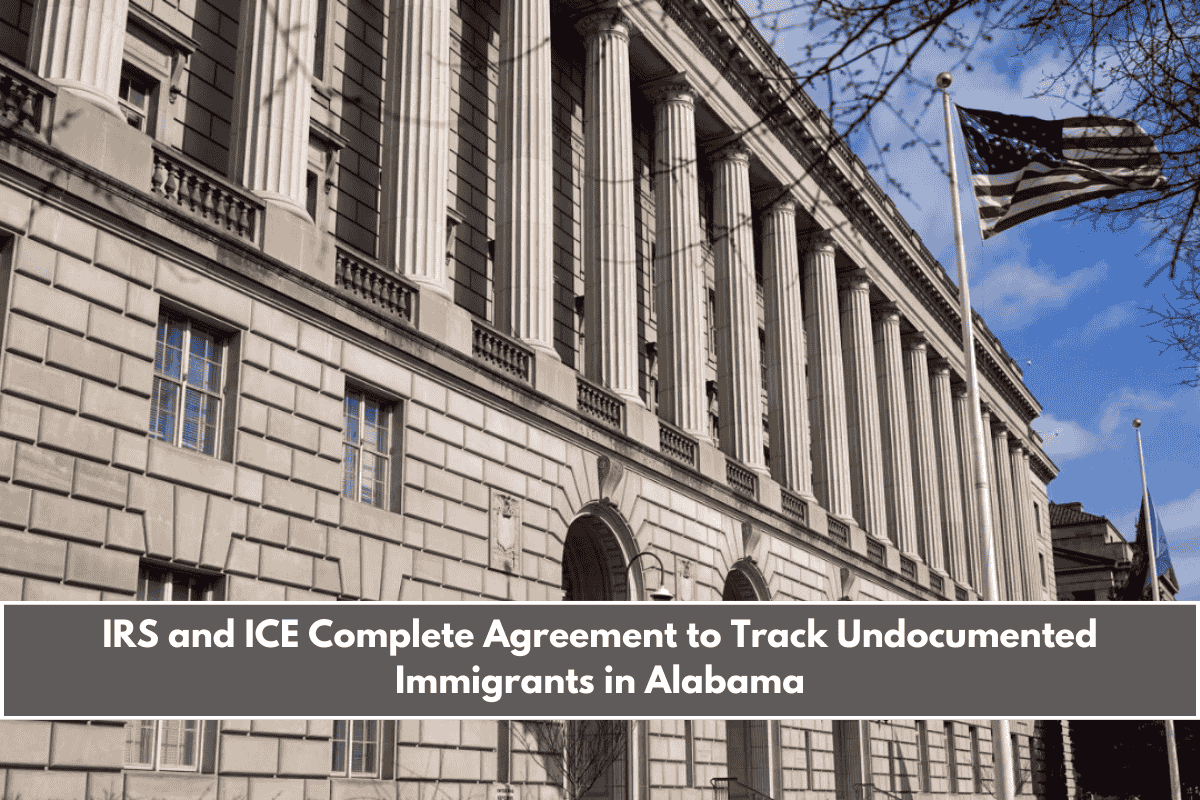According to recent reports from the Latin Times and The Washington Post, the IRS (Internal Revenue Service) and ICE (U.S. Immigration and Customs Enforcement) are working on a deal that could allow immigration agents to access confidential tax records.
This possible agreement has raised major concerns because IRS tax information is usually private and protected by law. Sharing such information with other government agencies — especially law enforcement — is rare and legally restricted.
Let’s break down what’s happening, why it’s controversial, and what it could mean.
What Is This Agreement About?
According to four anonymous sources who spoke with The Washington Post, this potential agreement would allow ICE to send names of people suspected of being in the U.S. illegally to the IRS. The IRS would then check its internal tax database to confirm if the name and address match any tax filings.
The goal would be to help ICE track down undocumented immigrants using tax records.
Is This Legal?
That’s where the controversy starts.
Normally, the IRS can only share tax records with law enforcement under strict legal rules — usually requiring a court order.
In fact, the IRS’s own website clearly says that internal tax data can only be shared for non-tax criminal investigations if a court approves it. So, under regular law, this kind of data sharing is not allowed freely.
What Makes This Case Different?
The reported agreement has some limitations to avoid a wide-scale release of private information. Based on current reports, here’s what we know:
- The tax data would only be used for people living in Alabama
- It would only apply to individuals who already have final deportation orders
- Only two top officials could request this information:
- Homeland Security Secretary Kristi L. Noem
- Acting ICE Director Todd Lyons
These rules are likely meant to keep the data sharing narrow and legally controlled. But even with limits, many experts and immigration advocates are concerned about what this could lead to.
Why Are People Worried?
The biggest concern is privacy. IRS records are considered extremely private. If they start being used for immigration enforcement, it could scare people away from filing taxes, even if they pay regularly or qualify for refunds.
Some also worry that this could set a new legal precedent — where tax data, usually off-limits, starts being used in other non-tax investigations.
Others argue it could make life harder for undocumented immigrants who follow the law, pay taxes using ITINs (Individual Taxpayer Identification Numbers), and live peacefully in the U.S.
Has This Agreement Been Finalized?
As of now, the agreement has not been made official. Reports suggest that it is still under review, and it’s unclear whether the IRS will move forward with it.
Neither the IRS nor ICE has made a public statement confirming the deal, and many legal experts are watching closely to see how this develops.











Leave a Reply